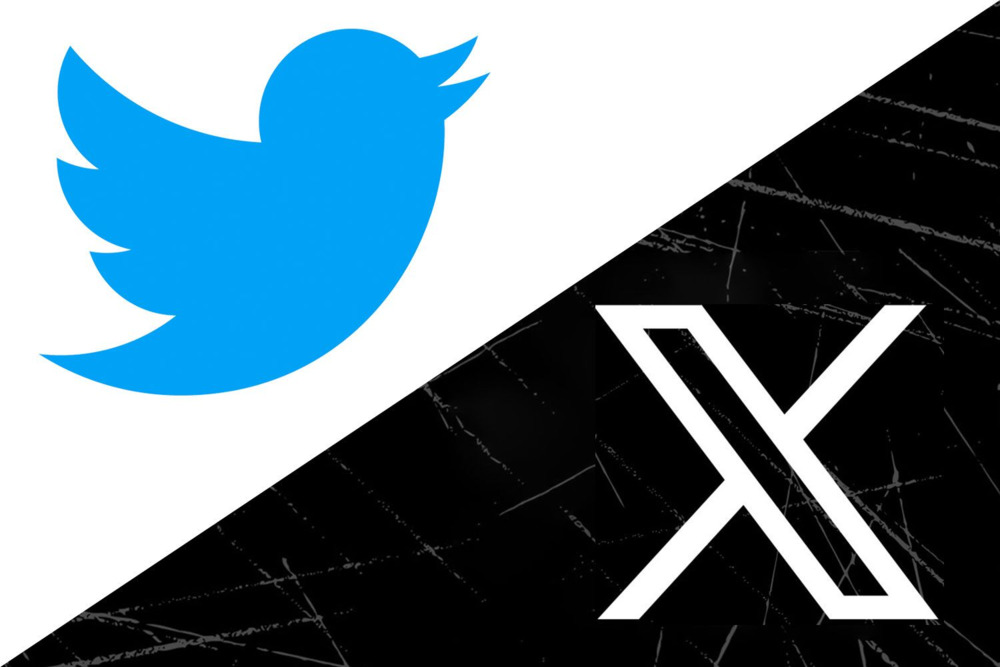Crisis marketing is no longer an abstract concept for Malaysian brands. It’s a reality that strikes when you least expect it.
One wrong post, an overlooked cultural nuance, or a poorly timed campaign can trigger a wave of backlash that spreads across social media like wildfire.
As for brands in Malaysia’s hyper-connected digital ecosystem, where consumers switch between TikTok, Twitter, and WhatsApp in seconds, the difference between recovery and long-term damage often comes down to how fast and how authentically you respond.
Table of Contents
Why Speed Defines Crisis Management in Malaysia’s Digital Age
Malaysia’s social media scene moves at warp speed. Currently, over 29 million active users across platforms, news (good or bad) spreads like wildfire through our interconnected digital kampungs.
What starts as a single complaint on TikTok can snowball into a full-blown reputation crisis within hours.
The numbers don’t lie: Brand reputation damage occurs exponentially with each passing hour of silence. Malaysian consumers expect immediate acknowledgment, cultural sensitivity, and swift action. Wait too long, and you’ll find yourself fighting an uphill battle against public opinion.
That’s where the 24-hour crisis response rule comes into play, your golden window to turn disaster into damage control.
This is where having an experienced digital marketing agency in Malaysia by your side ensures your messaging is both fast and culturally relevant.
Common Marketing Crisis Triggers for Malaysian Brands

Before diving into how to respond, it’s crucial to understand what sparks marketing in a crisis for Malaysian brands.
- Cultural Landmines:
- Religious insensitivity in advertisements
- Misrepresentation of local traditions
- Festival campaigns that miss the mark culturally
- Pricing Controversies:
- Festival promotions gone wrong
- Sudden price hikes during festive seasons
- Discriminatory pricing across different communities
- Service Failures:
- Delivery disasters during peak periods (think Shopee sales)
- Product quality issues that go viral
- Poor customer service experiences
- National Sensitivity:
- Remaining silent during important national events
- Tone-deaf responses to social justice issues
- Political missteps during election periods
These crisis situations don’t discriminate, they can hit local kedai runcit owners and multinational corporations alike.
The 24-Hour Crisis Management Protocol
Let’s overview crisis management plan broken down into actionable timeframes:
| Timeframe | Action Required | Key Focus | Notes / Caveats |
| Golden Hour (0–1 hr) | – Monitor mentions across all platforms – Acknowledge issue quickly – Send internal emergency alert – Pause scheduled marketing communications – Begin monitoring sentiment and spread | Speed & Recognition | First impressions matter. Be visible, fast, and present. |
| 6-Hour Mark | – Align internally with crisis team – Gather facts and verify information – Outline preliminary strategy | Accuracy & Strategy | Avoid speculation. Ensure all internal stakeholders are aligned before external communications. |
| 12-Hour Mark | – Issue public response with a clear action plan – Share next steps and commitment to resolving issue | Transparency & Accountability | Provide clarity and direction to the public. This builds trust while preventing rumours or misinformation. |
| 24-Hour Mark | – Demonstrate concrete changes or actions taken – Share updates on progress and follow-up measures | Follow-through & Rebuilding | Show accountability through action. Communicate outcomes, not just promises. |
| Important Caveat | – Sometimes, the best response is strategic silence. – Particularly during legal disputes or active investigations. | Judgment & Timing | Know when to pause communication until you have verified facts or legal clearance. |
Proactive monitoring tools, combined with effective social media marketing strategies, can help Malaysian brands identify early warning signs before they escalate.
Your crisis management team should include:
- Crisis Leader: Makes final decisions under pressure
- Public Relations Specialist: Crafts messaging that resonates
- Legal Liaison: Ensures compliance and risk management
- Digital Marketing Manager: Handles platform-specific responses
- Cultural Consultant: Reviews messaging for local sensitivity
Localising Crisis Communication for Malaysian Audiences

This is where many international brands stumble, they treat Malaysia like any other market. It’s a big mistake. The Malaysian market is diverse and varies in many different ways.
Language Strategy:
- Bahasa Malaysia: For mass audience reach
- English: For media and professional communications
- Mandarin/Tamil: For community-specific issues
Platform-Specific Tone Adaptation:
- LinkedIn/Press: Formal, corporate communication
- TikTok: Conversational, authentic, human
- Facebook: Empathetic, community-focused
- Twitter: Concise, direct, action-oriented
Tailoring creative assets with content marketing and video making ensures every message fits the platform and feels culturally relevant.
The Day the Crisis Hit: A Story of Rapid Response

Take Elon Musk’s Twitter rebranding to X as a lesson in what not to do. When Musk decided to rebrand Twitter overnight without proper communication or stakeholder consultation, it created massive confusion and drove away advertisers.
The rebranding wasn’t announced, it just happened. While Musk’s approach worked for him due to his unique position, most Malaysian brands can’t afford such cavalier corporate communication.
The lesson? Rebranding requires purposeful planning and clear communication, not change for change’s sake.
Tailoring creative assets with content marketing and video making ensures every message fits the platform and feels culturally relevant.
Essential Crisis Communication Channels
When your reputation is on the line, knowing where to communicate is half the battle:
| Primary Channels | Secondary Channels |
| Social media platforms (prioritise where your crisis originated) | Crisis microsites for detailed explanations |
| Direct customer communication via WhatsApp/email | Pinned posts for ongoing transparency |
| Media statements for press coverage | Influencer partnerships for authentic voices |
Malaysian F&B brands have mastered the art of crisis messaging through TikTok apology videos, personal, sincere, and culturally relevant. Learn from their approach.
In another way, direct messaging via WhatsApp marketing or email campaigns through email marketing ensures clear communication with your customers beyond public platforms.
Crisis Prevention: Your Essential Crisis Management Strategies
Smart crisis management starts long before trouble hits:
- Daily Monitoring:
- Set up social listening across all platforms
- Track brand mentions and sentiment daily
- Monitor competitor crisis situations for learning opportunities
- Pre-Crisis Relationship Building:
- Cultivate relationships with key influencers
- Build rapport with local media contacts
- Engage regularly with community leaders
- Campaign Testing:
- Run focus groups with diverse Malaysian demographics
- Test cultural sensitivity before launch
- Create feedback loops with loyal customers
- Crisis Management Tools:
- Develop response templates for common scenarios
- Create escalation procedures for your team
- Establish legal review processes for sensitive issues
Your Crisis Management Process: Lessons from the Trenches
The most successful crisis management approach combines speed with authenticity. Here’s what we’ve learned from observing Malaysian brands navigate turbulent waters:
- Transparency Wins: Customers forgive mistakes but never forgive cover-ups. Own your errors quickly and completely.
- Cultural Sensitivity Matters: What works in Western markets might bomb Malaysia. Always consider local context.
- Actions Speak Louder: Your crisis response must include tangible changes,refunds, policy updates, staff training, or community initiatives.
- Long-term Consistency: Brand trust built through consistent, authentic communication over months (not days); it restores confidence.
To complement authentic crisis recovery, use SEO services in Malaysia or local SEO to make sure positive updates and initiatives rank higher than outdated crisis content.
Conclusion
Crisis marketing focuses on managing unavoidable problems with grace, speed, and cultural intelligence.
Across Malaysia’s digital landscape, a robust crisis communication strategy serves as a significant competitive advantage.Effective crisis marketing, particularly in a market like Malaysia, necessitates localised knowledge, cultural awareness, and rapid action.
Ready to protect your brand’s reputation? Work with Newnormz to design a comprehensive crisis marketing plan that’s tailored for the Malaysian market. Contact Newnormz today to safeguard your brand’s future.






